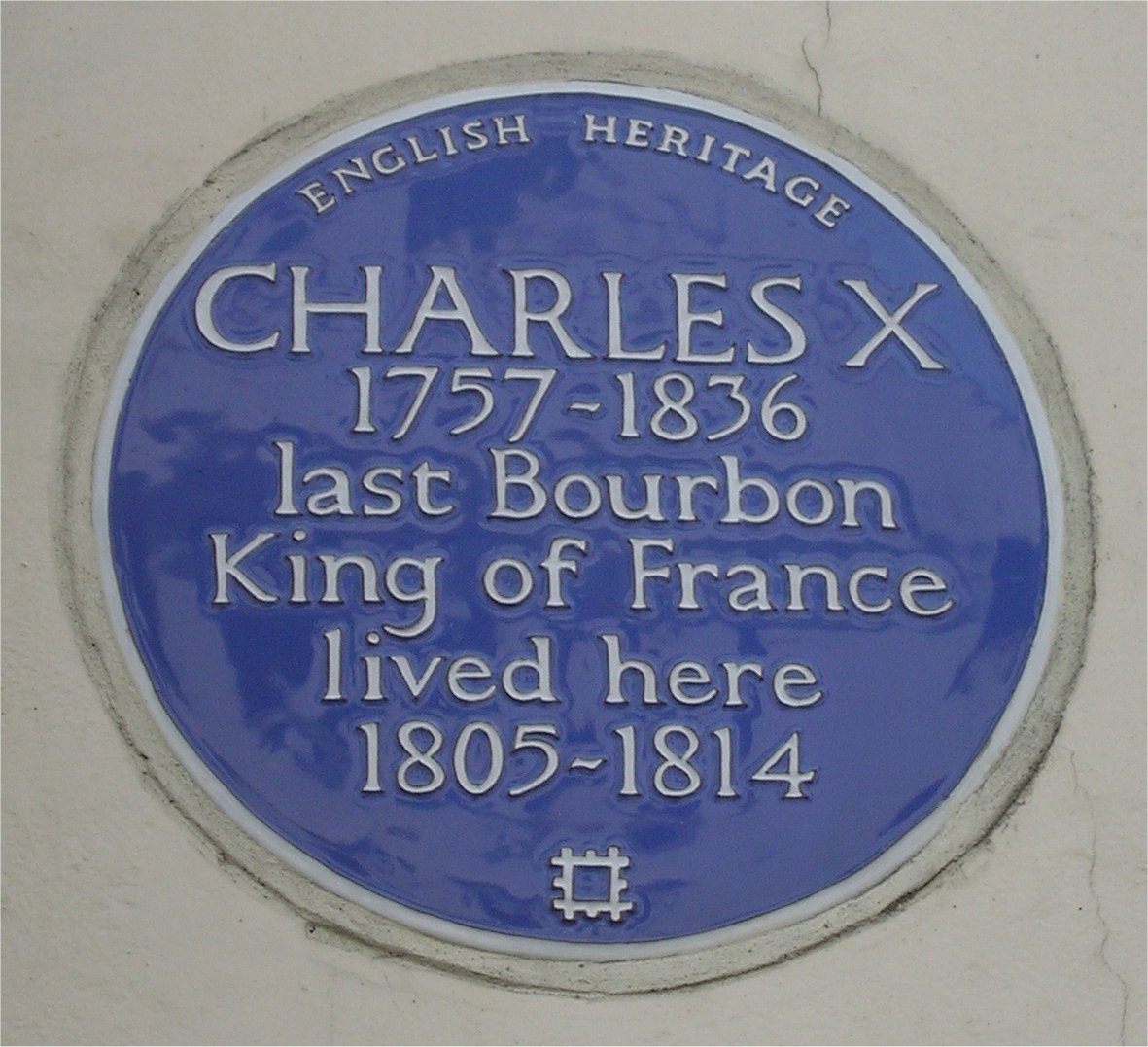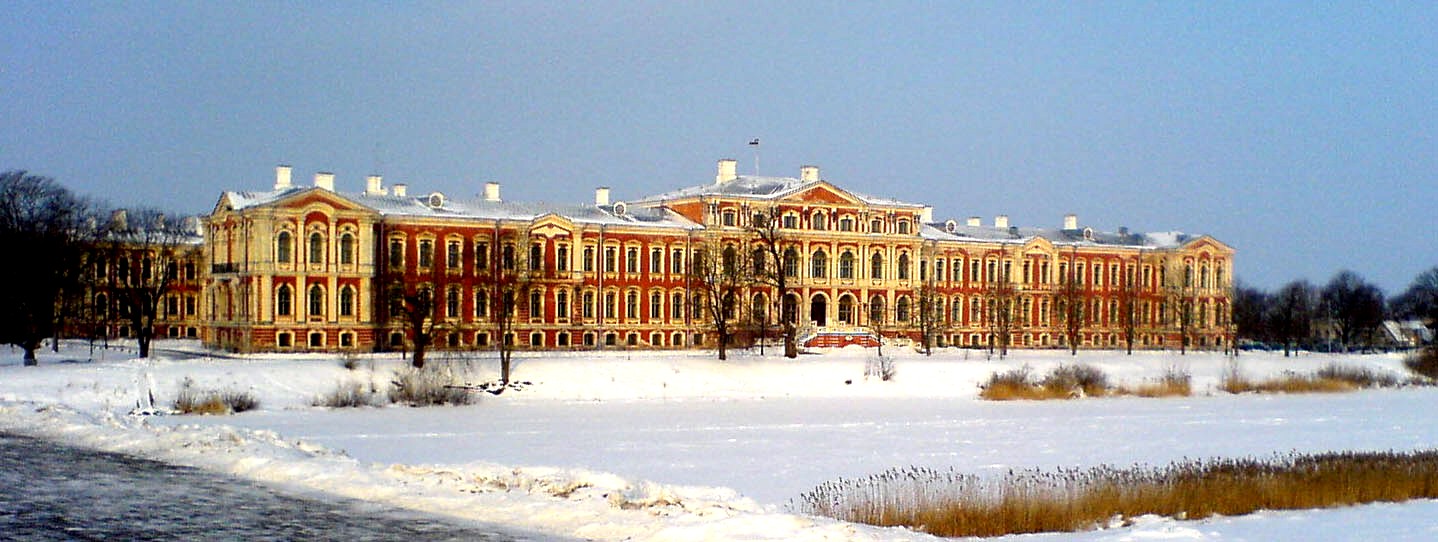|
Ultra-royalists
The Ultra-royalists (, collectively Ultras) were a French political faction from 1815 to 1830 under the Bourbon Restoration. An Ultra was usually a member of the nobility of high society who strongly supported Roman Catholicism as the state and only legal religion of France, the Bourbon monarchy, traditional hierarchy between classes and census suffrage (privileged voting rights), while rejecting the political philosophy of popular will and the interests of the bourgeoisie along with their liberal and democratic tendencies. The Legitimists, another of the main right-wing factions identified in René Rémond's ''Les Droites en France'', were disparagingly classified with the Ultras after the 1830 July Revolution by the victors, the Orléanists, who deposed the Bourbon dynasty for the more liberal king Louis Philippe. Second White Terror Following the return of Louis XVIII to power in 1815, people suspected of having ties with the governments of the French Revolution o ... [...More Info...] [...Related Items...] OR: [Wikipedia] [Google] [Baidu] |
Bourbon Restoration In France
The Bourbon Restoration was the period of French history during which the House of Bourbon returned to power after the fall of Napoleon, Napoleon Bonaparte in 1814 and 1815. The second Bourbon Restoration lasted until the July Revolution of 1830, during the reigns of Louis XVIII (1814–1815, 1815–1824) and Charles X of France, Charles X (1824–1830), brothers of the late King Louis XVI. Exiled supporters of the monarchy returned to France, which had been profoundly changed by the French Revolution. Exhausted by the Napoleonic Wars, the kingdom experienced a period of internal and external peace, stable economic prosperity and the preliminaries of industrialisation. Background Following the collapse of the French Directory, Directory in the Coup of 18 Brumaire (9 November 1799), Napoleon Bonaparte became ruler of France as leader of the French Consulate, Consulate. By the Consulate's end with the creation of the First French Empire on 18 May 1804, Napoleon had consolidated hi ... [...More Info...] [...Related Items...] OR: [Wikipedia] [Google] [Baidu] |
Joseph De Villèle
Jean-Baptiste Guillaume Joseph Marie Anne Séraphin, 1st Count of Villèle (14 April 177313 March 1854), better known simply as Joseph de Villèle (; ), was a French statesman who served as the Prime Minister of France from 1821 to 1828. He was a leader of the Ultra-royalist faction during the Bourbon Restoration. Youth He was born in Toulouse, France and brought up to go into the navy. He joined the "Bayonnaise" at Brest in July 1788. He served in the West and East Indies. Arrested in the Isle of Bourbon (now Réunion) under the Terror, he was freed by the Thermidorian Reaction (July 1794). In 1796 he helped oust Baco and Burnel, who had come to the island to enforce the 1794 abolition of slavery. He acquired a plantation and sixty slaves, and in 1799 he married the daughter of M. Desbassyns de Richemont, whose estates he had managed. He served in the Colonial Assembly from 1799-1803. The arrival of General Decaen, appointed by Napoleon Bonaparte in 1802, restored sec ... [...More Info...] [...Related Items...] OR: [Wikipedia] [Google] [Baidu] |
Charles X Of France
Charles X (Charles Philippe; 9 October 1757 – 6 November 1836) was King of France from 16 September 1824 until 2 August 1830. An uncle of the uncrowned Louis XVII and younger brother of reigning kings Louis XVI and Louis XVIII, he supported the latter in exile. After the Bourbon Restoration in France, Bourbon Restoration in 1814, Charles (as heir-presumptive) became the leader of the ultra-royalists, a radical monarchist faction within the French court that affirmed absolute monarchy by Divine Right of Kings, divine right and opposed the constitutional monarchy concessions towards Classical liberalism, liberals and the guarantees of civil liberties granted by the Charter of 1814. Charles gained influence within the French court after the assassination of his son Charles Ferdinand, Duke of Berry, in 1820 and succeeded his brother Louis XVIII in 1824. Charles's reign of almost six years proved to be deeply unpopular amongst the liberals in France from the moment of Coronation of ... [...More Info...] [...Related Items...] OR: [Wikipedia] [Google] [Baidu] |
Louis XVIII Of France
Louis XVIII (Louis Stanislas Xavier; 17 November 1755 – 16 September 1824), known as the Desired (), was King of France from 1814 to 1824, except for a brief interruption during the Hundred Days in 1815. Before his reign, he spent 23 years in exile from France beginning in 1791, during the French Revolution and the First French Empire. Until his accession to the throne of France, he held the title of Count of Provence as brother of King Louis XVI, the last king of the ''Ancien Régime''. On 21 September 1792, the National Convention abolished the monarchy and deposed Louis XVI, who was later executed by guillotine. When his young nephew Louis XVII died in prison in June 1795, the Count of Provence claimed the throne as Louis XVIII. Following the French Revolution and during the Napoleonic era, Louis XVIII lived in exile in Prussia, Great Britain, and Russia. When the Sixth Coalition first defeated Napoleon in 1814, Louis XVIII was placed in what he, and the French ... [...More Info...] [...Related Items...] OR: [Wikipedia] [Google] [Baidu] |
John Baptist Wolf
John Baptist Wolf (July 16, 1907 – April 22, 1996) was an American historian, specializing in modern European history. Life Born in Ouray, Colorado, on July 16, 1907, Wolf was the son of a German immigrant. Wolf received his B.A. and M.A. from the University of Colorado, then attended Northwestern University, before entering the doctoral program at the University of Minnesota. He received his doctorate in 1934 for a dissertation on the diplomatic history of the Baghdad Railway, published in 1936. Wolf began his teaching career at the University of Missouri in 1934, remaining there until 1943, when he took a position at the University of Minnesota. In 1966 he moved to the University of Illinois, Chicago Circle, retiring in 1974 as professor emeritus. Wolf died of leukemia on April 22, 1996 while living in a retirement community located near Syracuse. Writing his obituary (''AHA Perspectives'' Dec. 1996), two of his students, Joseph Klaits and John T. O'Connor, recalled "hi ... [...More Info...] [...Related Items...] OR: [Wikipedia] [Google] [Baidu] |
Napoleon
Napoleon Bonaparte (born Napoleone di Buonaparte; 15 August 1769 – 5 May 1821), later known by his regnal name Napoleon I, was a French general and statesman who rose to prominence during the French Revolution and led Military career of Napoleon, a series of military campaigns across Europe during the French Revolutionary and Napoleonic Wars from 1796 to 1815. He led the French First Republic, French Republic as French Consulate, First Consul from 1799 to 1804, then ruled the First French Empire, French Empire as Emperor of the French from 1804 to 1814, and briefly again in 1815. He was King of Italy, King of Kingdom of Italy (Napoleonic), Italy from 1805 to 1814 and Protector of the Confederation of the Rhine, Protector of the Confederation of the Rhine from 1806 to 1813. Born on the island of Corsica to a family of Italian origin, Napoleon moved to mainland France in 1779 and was commissioned as an officer in the French Royal Army in 1785. He supported the French Rev ... [...More Info...] [...Related Items...] OR: [Wikipedia] [Google] [Baidu] |
Louis Philippe I
Louis Philippe I (6 October 1773 – 26 August 1850), nicknamed the Citizen King, was King of the French from 1830 to 1848, the penultimate monarch of France, and the last French monarch to bear the title "King". He abdicated from his throne during the French Revolution of 1848, which led to the foundation of the French Second Republic. Louis Philippe was the eldest son of Louis Philippe II, Duke of Orléans (later known as Philippe Égalité). As Duke of Chartres, the younger Louis Philippe distinguished himself commanding troops during the French Revolutionary Wars and was promoted to lieutenant general by the age of 19 but broke with the First French Republic over its decision to execute King Louis XVI. He fled to Switzerland in 1793 after being connected with a plot to restore France's monarchy. His father fell under suspicion and was executed during the Reign of Terror. Louis Philippe remained in exile for 21 years until the Bourbon Restoration in France, Bourbon Restor ... [...More Info...] [...Related Items...] OR: [Wikipedia] [Google] [Baidu] |
Orléanist
Orléanist () was a 19th-century French political label originally used by those who supported a constitutional monarchy expressed by the House of Orléans. Due to the radical political changes that occurred during France in the long nineteenth century, that century in France, three different phases of Orléanism can be identified: * The "pure" Orléanism: constituted by those who supported the constitutional reign of Louis Philippe I (18301848) after the 1830 July Revolution, and who showed Liberalism, liberal and moderate ideas. * The "fusionist" (or "unionist") Orléanism: the movement formed by pure Orléanists and by those Legitimists who after the childless death of Henri, Count of Chambord in 1883 endorsed Prince Philippe, Count of Paris, Philippe, Count of Paris, grandson of Louis Philippe, as his successor. The fusion drove the Orleanist movement to more conservative stances, emphasising French nationality (rejecting claims to France of the Spanish Bourbons on account of ... [...More Info...] [...Related Items...] OR: [Wikipedia] [Google] [Baidu] |
July Revolution
The French Revolution of 1830, also known as the July Revolution (), Second French Revolution, or ("Three Glorious [Days]"), was a second French Revolution after French Revolution, the first of 1789–99. It led to the overthrow of King Charles X of France, Charles X, the French House of Bourbon, Bourbon monarch, and the ascent of his cousin Louis Philippe I, Louis Philippe, Duke of Orléans. The 1830 Revolution marked a shift from one constitutional monarchy, under the Bourbon Restoration in France, restored House of Bourbon, to another, the July Monarchy; the transition of power from the House of Bourbon to its cadet branch, the House of Orléans; and the replacement of the principle of hereditary right by that of popular sovereignty. Supporters of the Bourbons would be called Legitimists, and supporters of Louis Philippe were known as Orléanists. In addition, there continued to be Bonapartists supporting the return of Napoleon Bonaparte, Napoleon's heirs. After 18 preca ... [...More Info...] [...Related Items...] OR: [Wikipedia] [Google] [Baidu] |
René Rémond
René Rémond (; 30 September 1918 – 14 April 2007) was a French historian, political scientist and political economist. Born in Lons-le-Saunier, Rémond was the Secretary General of Jeunesses étudiantes Catholiques (JEC France in 1943) and a member of the International YCS Center of Documentation and Information in Paris (presently the International Secretariat of International Young Catholic Students). The author of books on French political, intellectual and religious history, he was elected to the Académie Française in 1998. He was also a founding member of the Pontifical Academy of Social Sciences. Rémond is the originator of the famous division of French right-wing parties and movement into three different currents, each one of which appeared during a specific phase of French history: Legitimism ( counter-revolutionaries), Orléanism, and Bonapartism. Boulangisme, for example, was according to him a type of Bonapartism, as was Gaullism. These he considers as bei ... [...More Info...] [...Related Items...] OR: [Wikipedia] [Google] [Baidu] |





